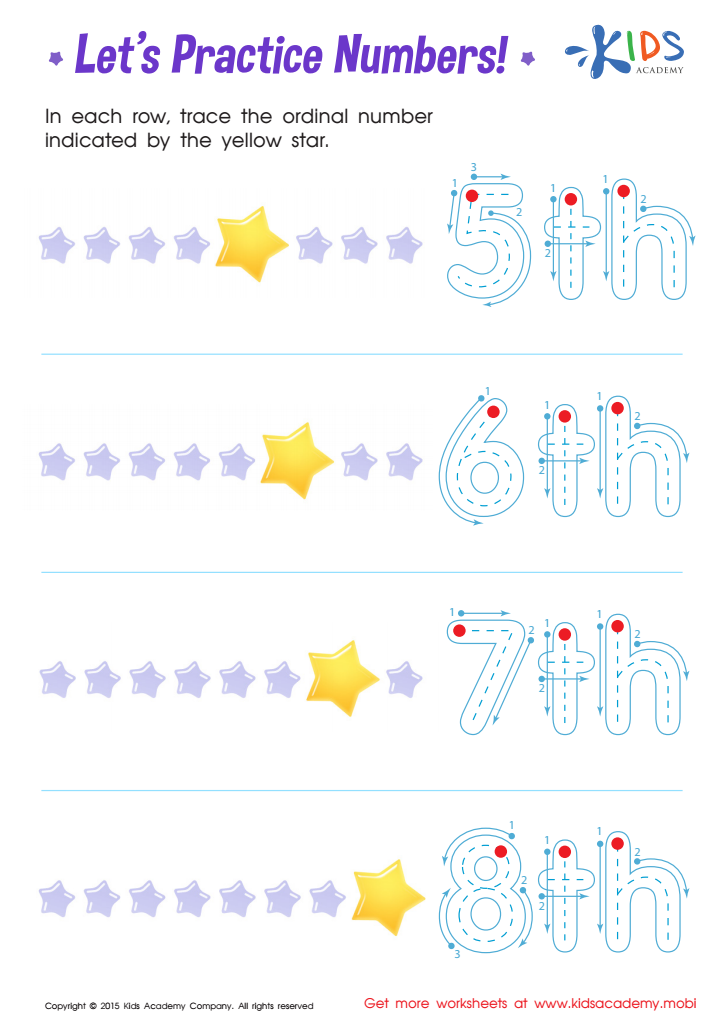Counting skills Normal Numbers Worksheets for Ages 4-8
67 filtered results
-
From - To
Enhance your child's counting skills with our engaging Normal Numbers Worksheets designed for ages 4-8! These worksheets offer a fun and interactive way for children to practice counting, recognition of numbers, and understanding their sequence. Aligned with early learning standards, our resources include colorful activities that encourage numerical recognition and one-to-one correspondence. Whether your child is just starting or needs a little extra practice, these worksheets cater to different skill levels. Easy to print and perfect for home or classroom use, our counting skills worksheets will boost confidence and literacy in mathematics while keeping learning enjoyable!
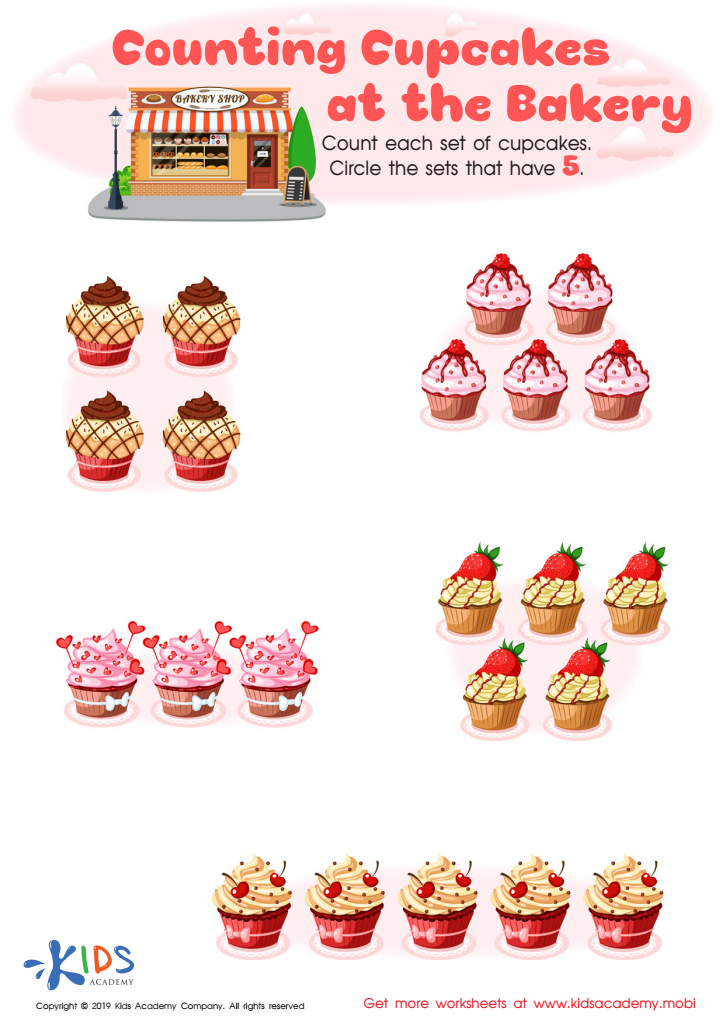

Counting Cupcakes Worksheet
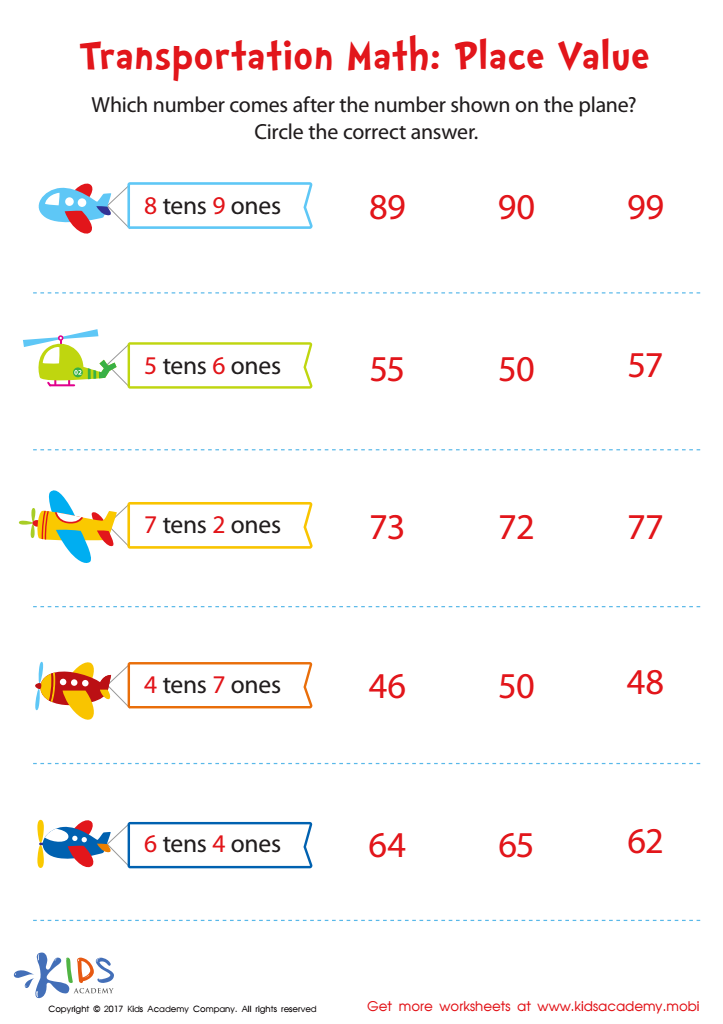

Transportation Math Printable
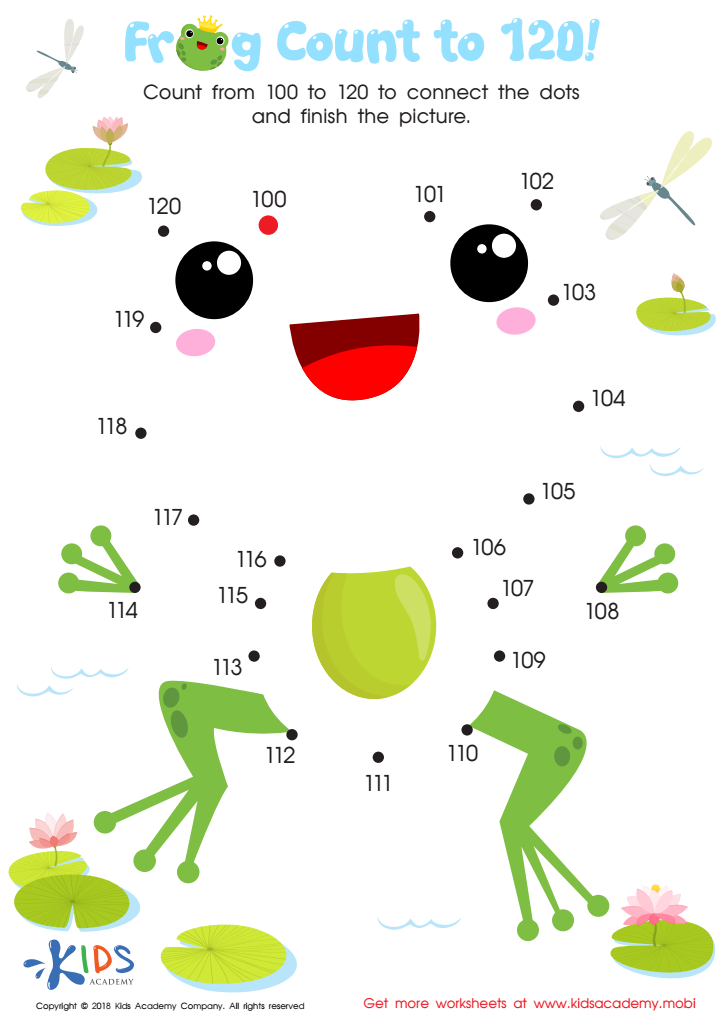

Frog Count to 120 Worksheet
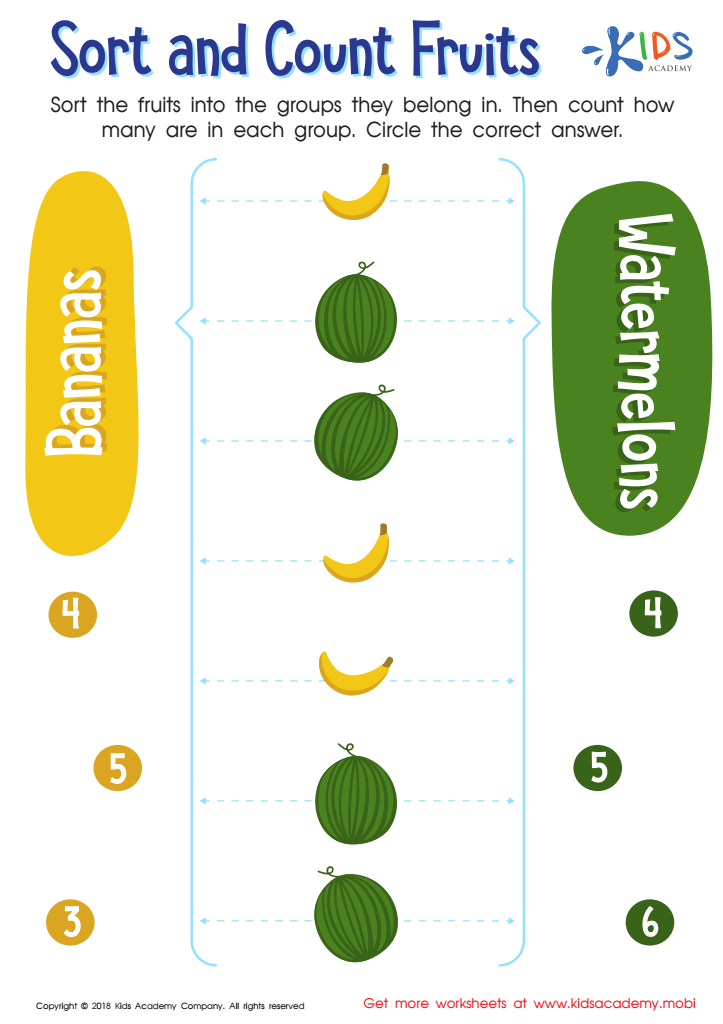

Sort and Count Fruits Worksheet


Sort and Count to the Moon Worksheet
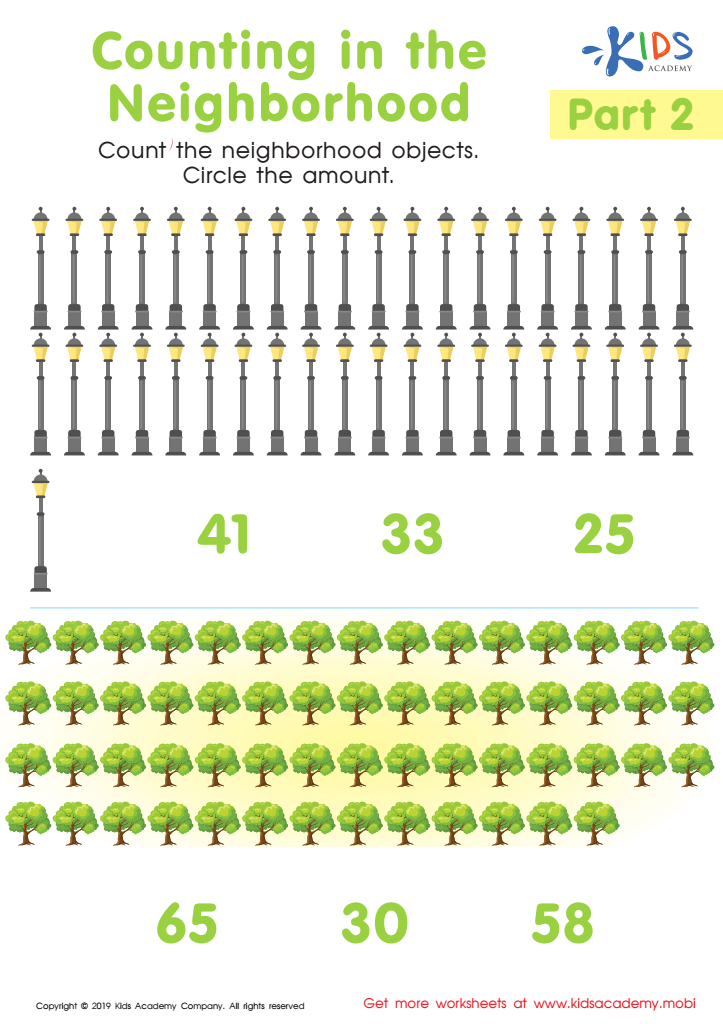

Counting In The Neighborhood Part 2 Worksheet
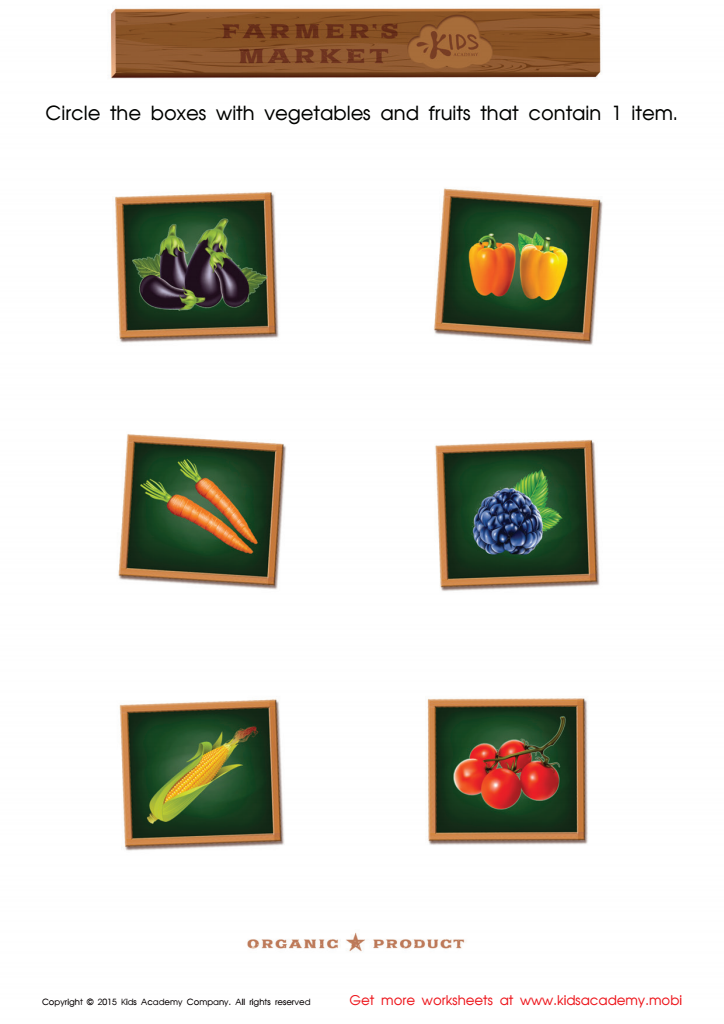

Count and Match Boxes with Vegetables
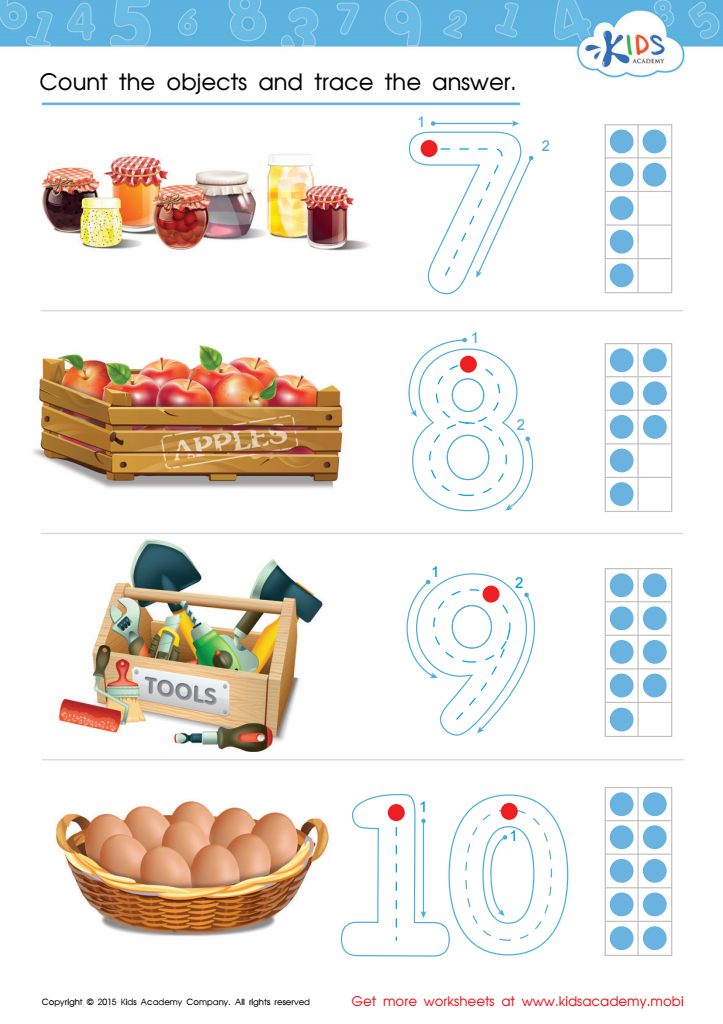

Count and Trace 7 – 10 Worksheet
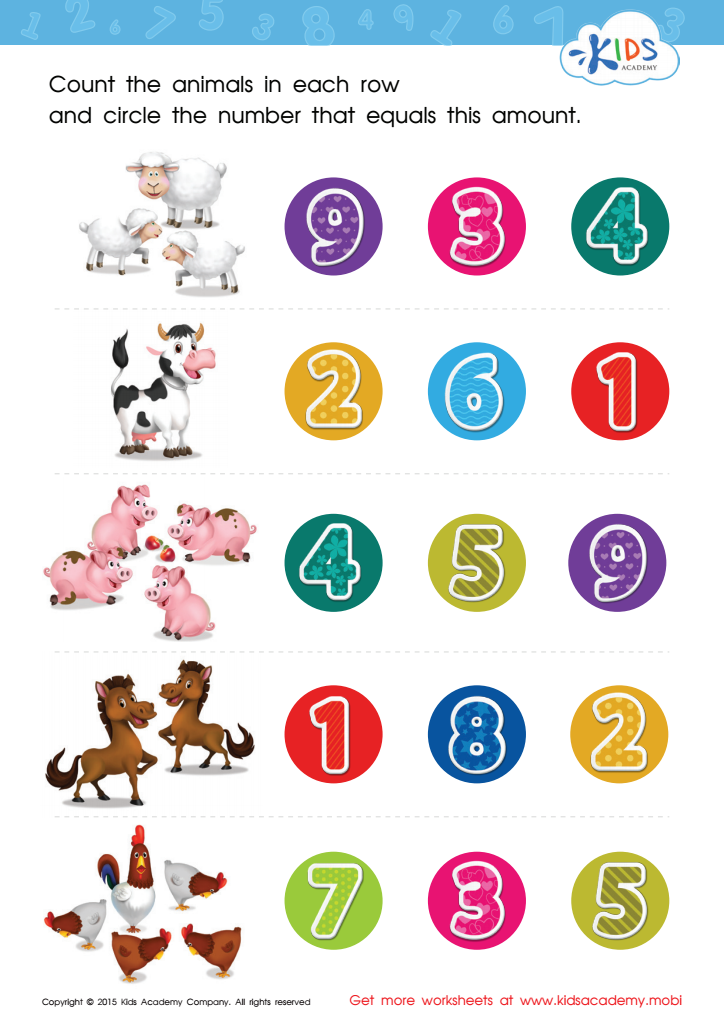

Count and Match 1 – 5 Math Worksheet
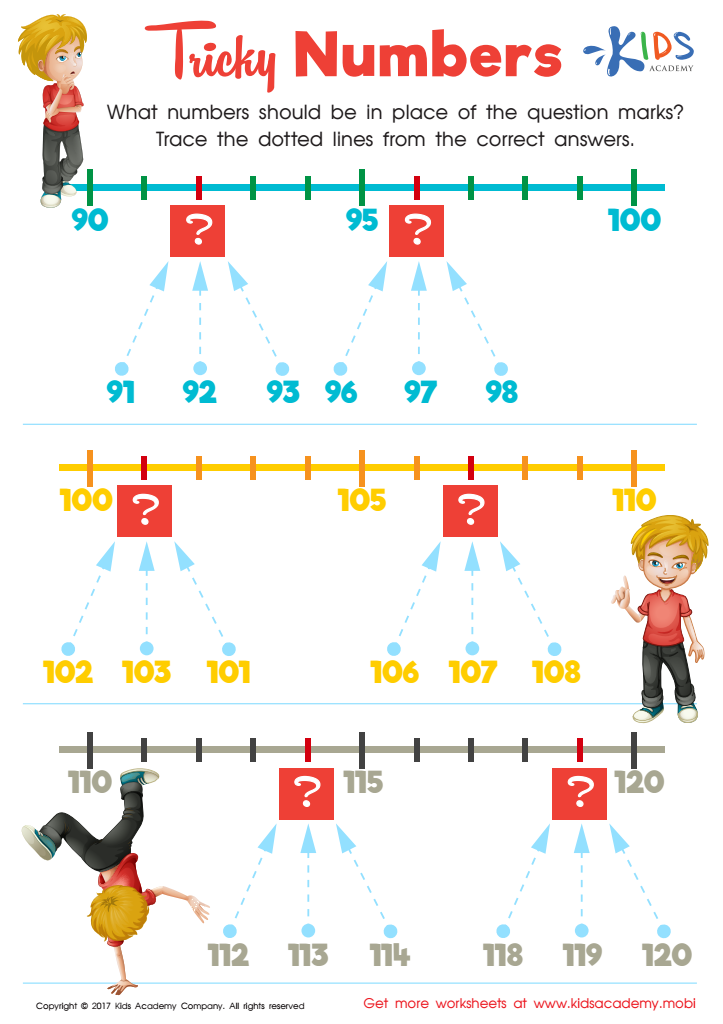

Tricky Numbers Worksheet
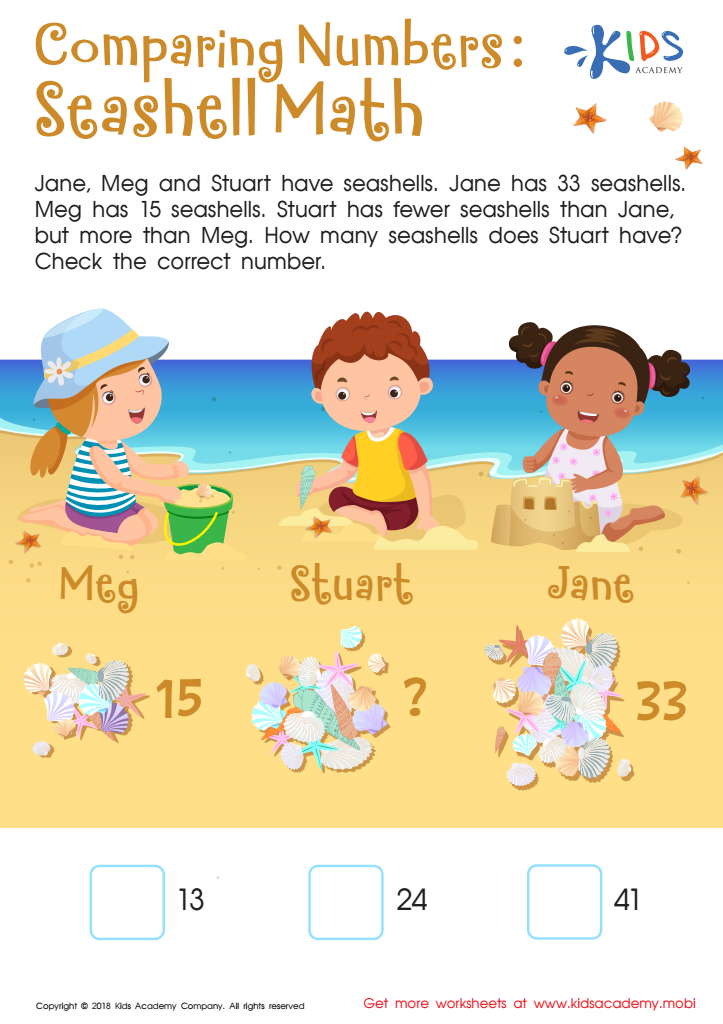

Seashell Collectors Worksheet
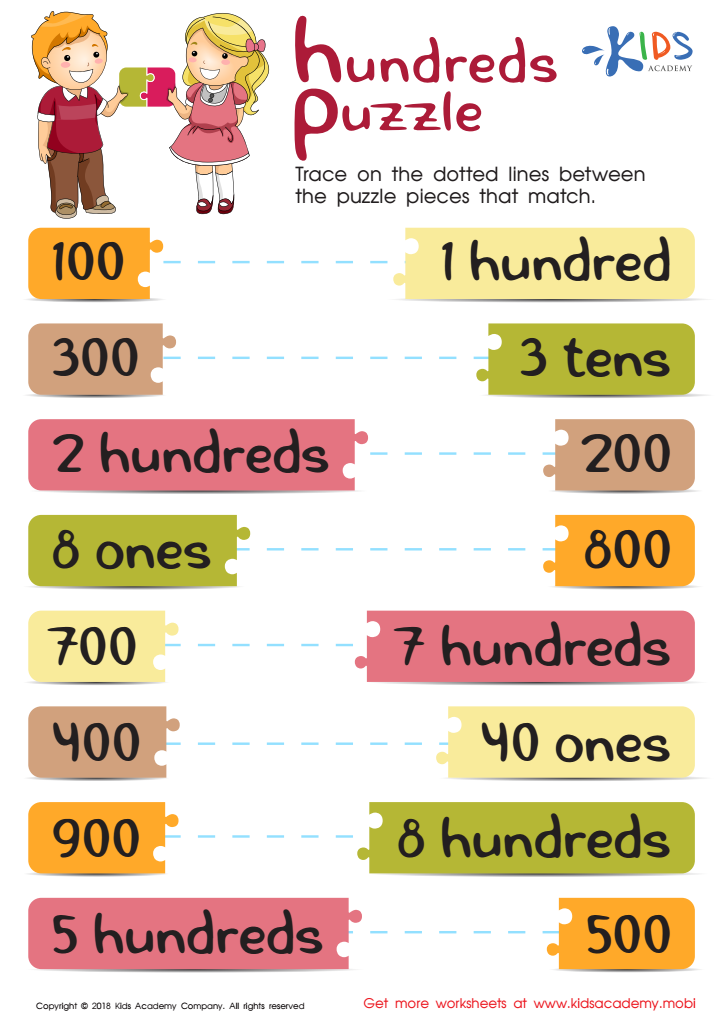

Hundreds Puzzle Worksheet
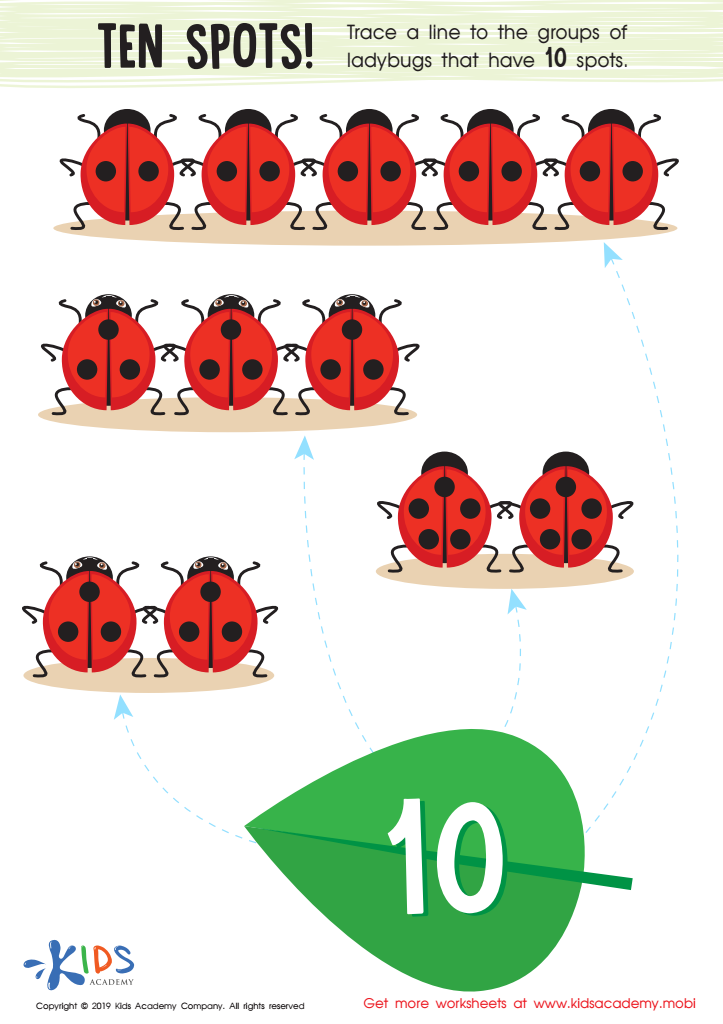

Ten Spots Worksheet
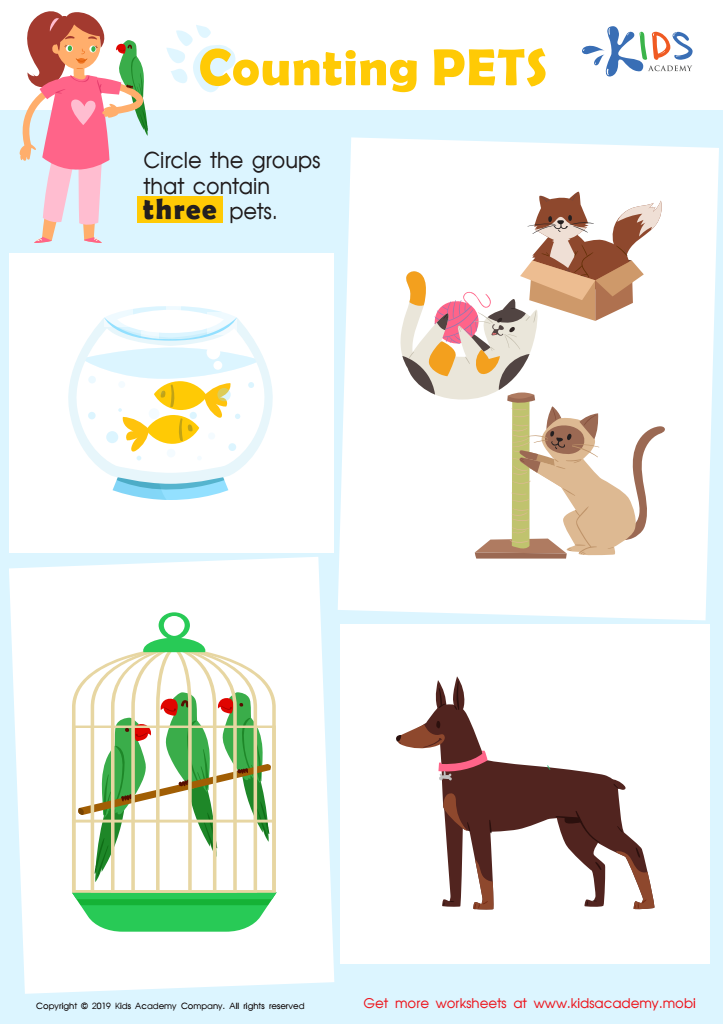

Counting Pets Worksheet
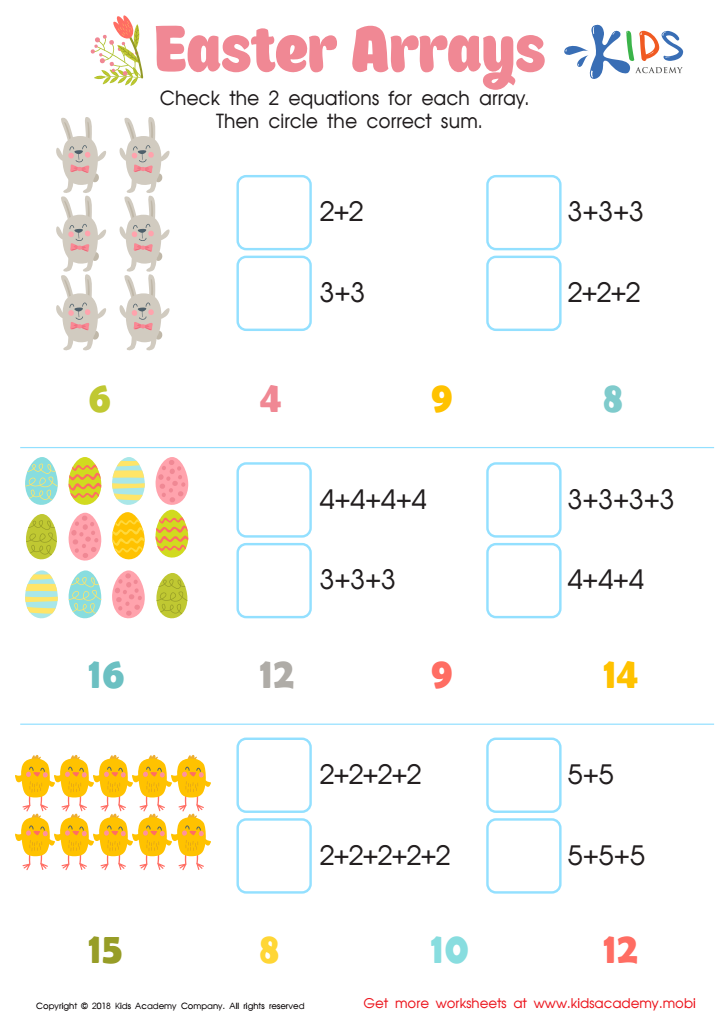

Easter Arrays Worksheet
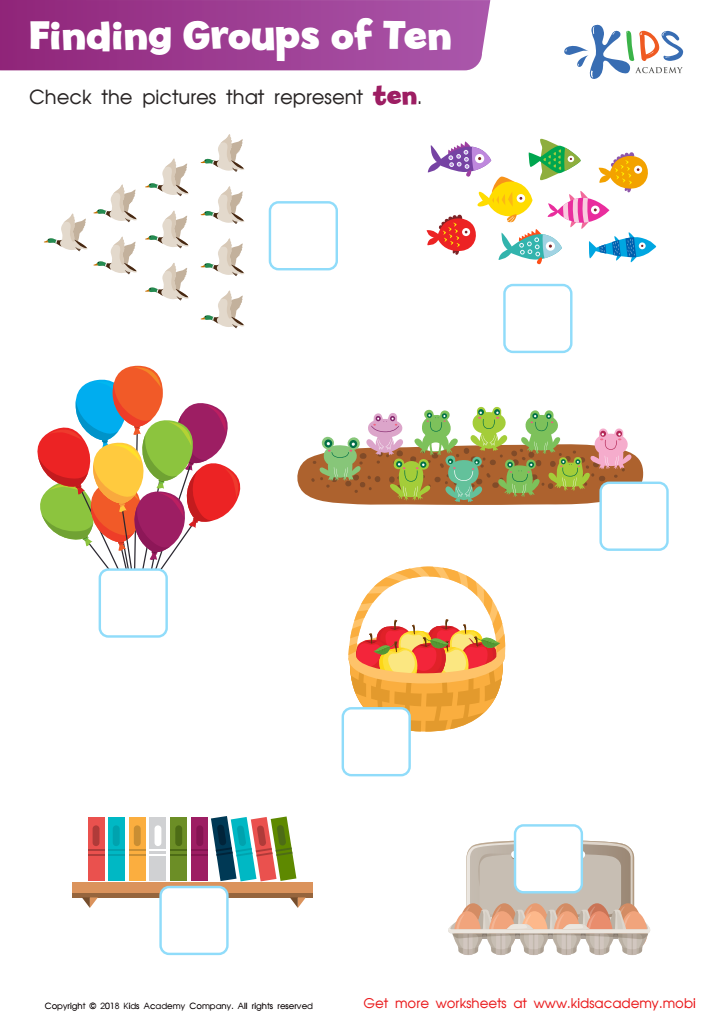

Finding Groups of Ten Worksheet
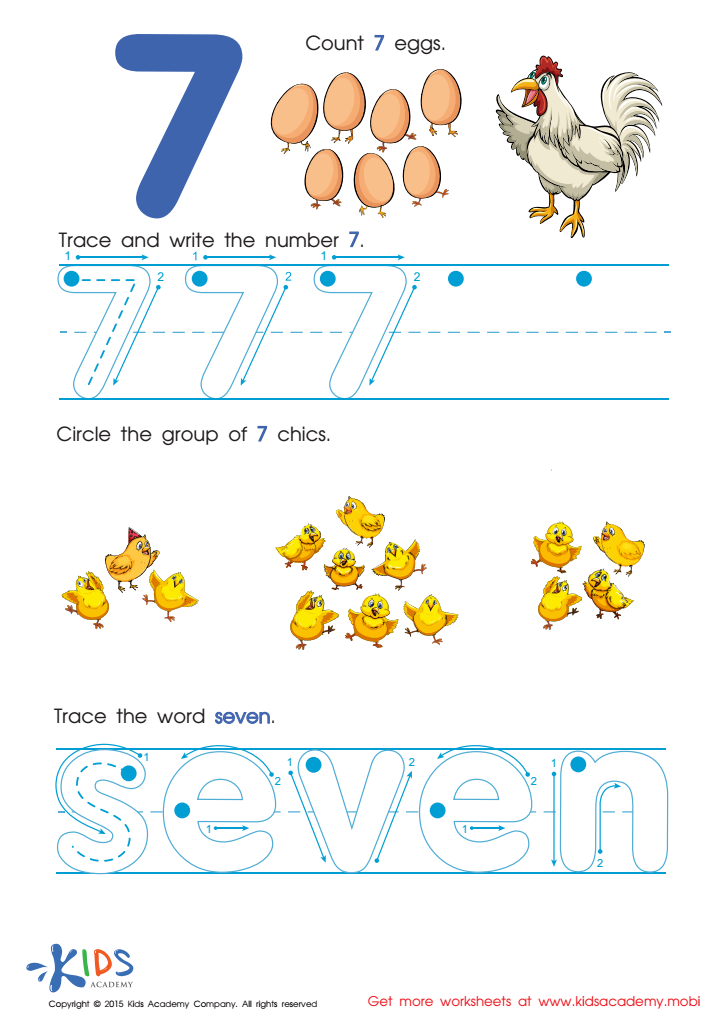

Trace And Write Number 7 with Fun Worksheet
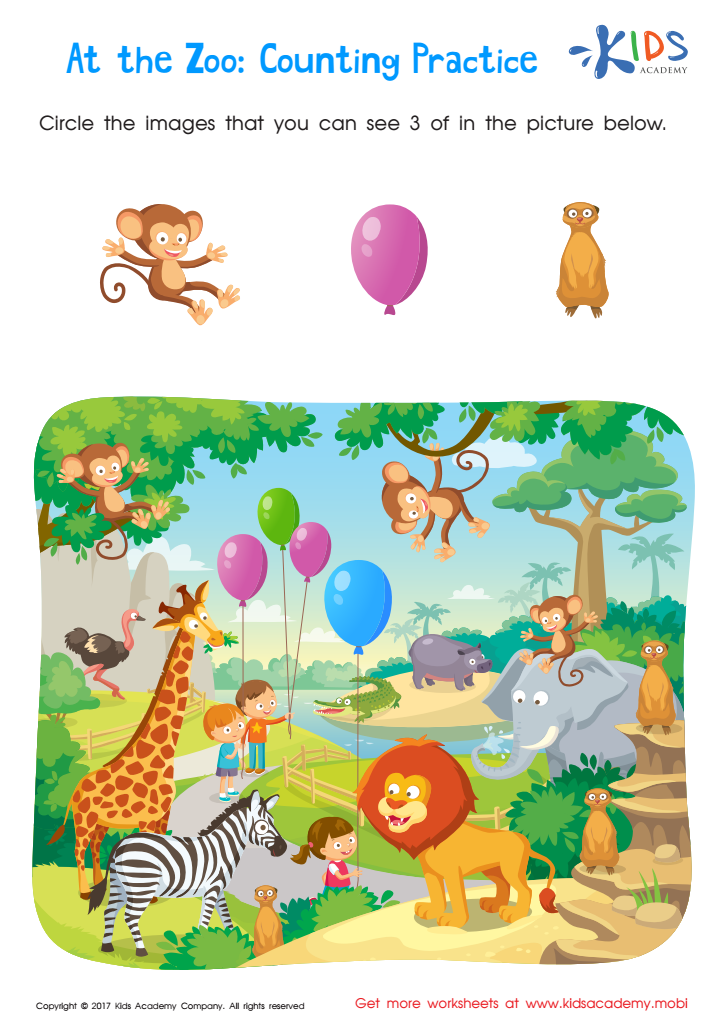

At the Zoo: Counting Practice Worksheet
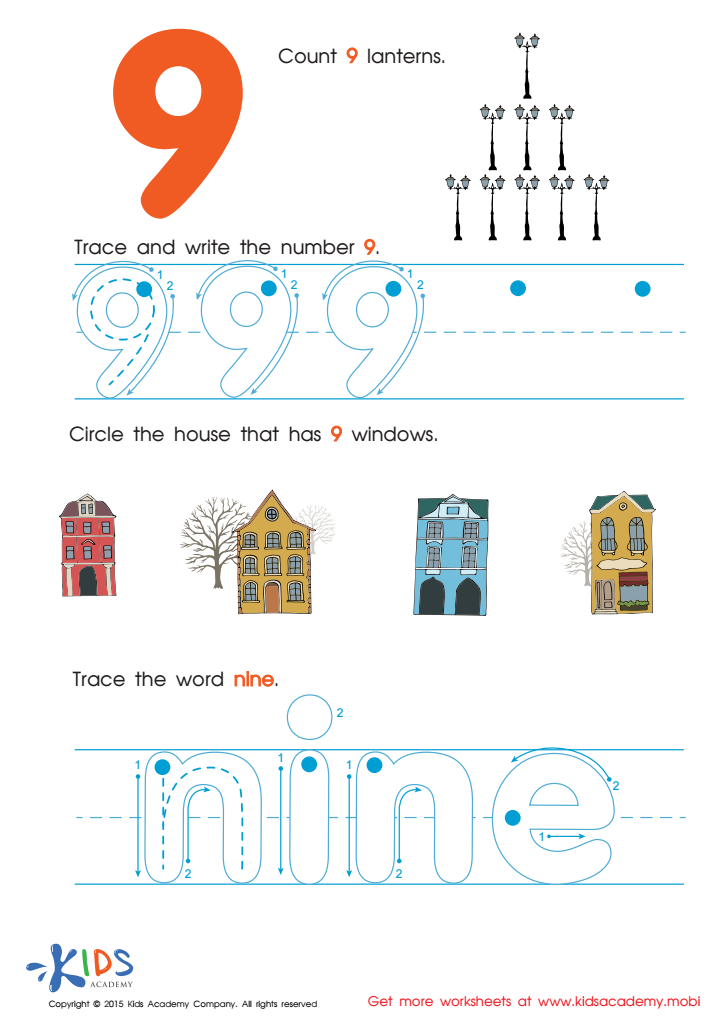

Tracing And Learning to Write Number 9 Worksheet


Count the Deer Worksheet
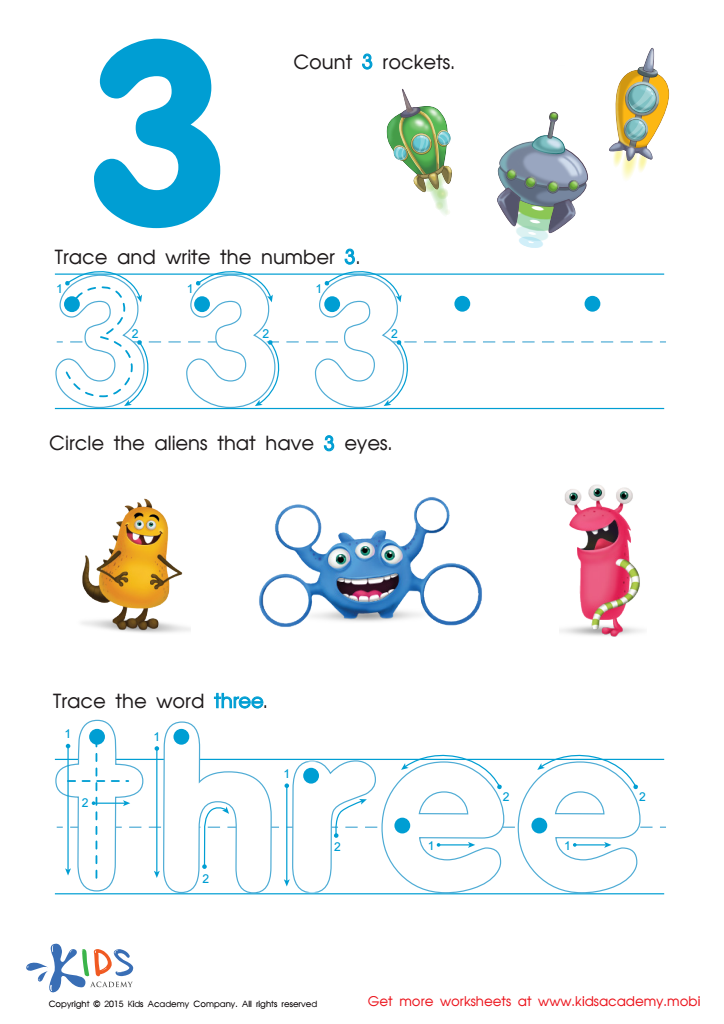

Learning Number Three Worksheet
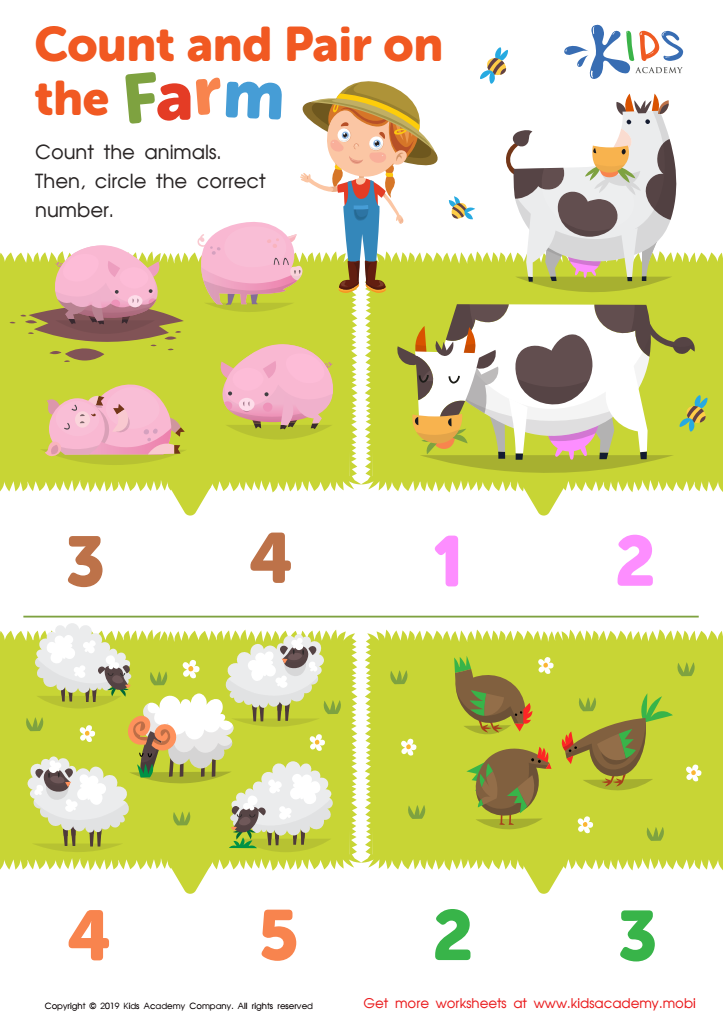

Count and Pair on the Farm Worksheet
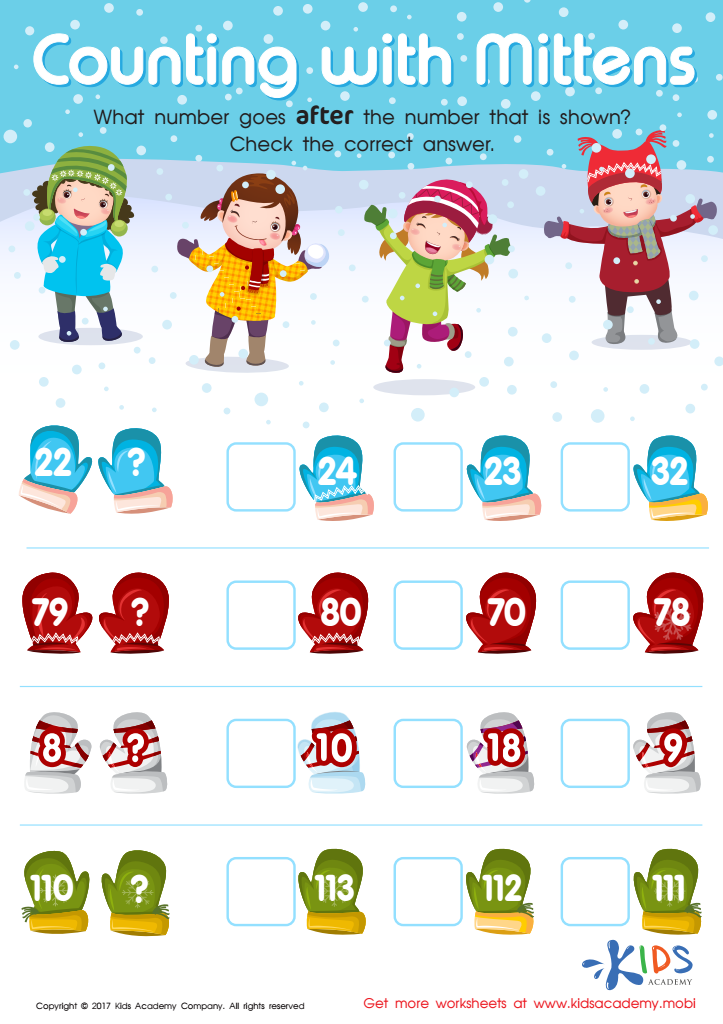

Counting with Mittens Worksheet
Counting skills in early childhood are foundational for mathematical development and overall cognitive growth. For children aged 4 to 8, mastering normal numbers enhances their ability to understand quantity, develop problem-solving abilities, and manipulate numerical concepts. Strong counting skills lay the groundwork for more complex math operations, such as addition, subtraction, and eventually multiplication and division.
Parents and teachers should care because these skills are essential for daily life tasks, such as measuring ingredients while cooking, estimating distances while traveling, or even managing money in simple transactions. Additionally, mastering counting promotes confidence and fosters a positive attitude toward learning. Children who grasp counting concepts early on often show a greater eagerness to engage with mathematics challenges later in school.
Moreover, counting helps develop cognitive skills related to memory and attention. Activities that involve counting, such as playing games or using everyday objects, can reinforce these skills in enjoyable and interactive ways. Early intervention in developing counting skills can prevent future learning difficulties and encourage a lifelong love for mathematics. Supporting children in mastering counting sets them up for academic success and equips them with crucial life skills, making it a priority for parents and educators alike.

 Assign to My Students
Assign to My Students
